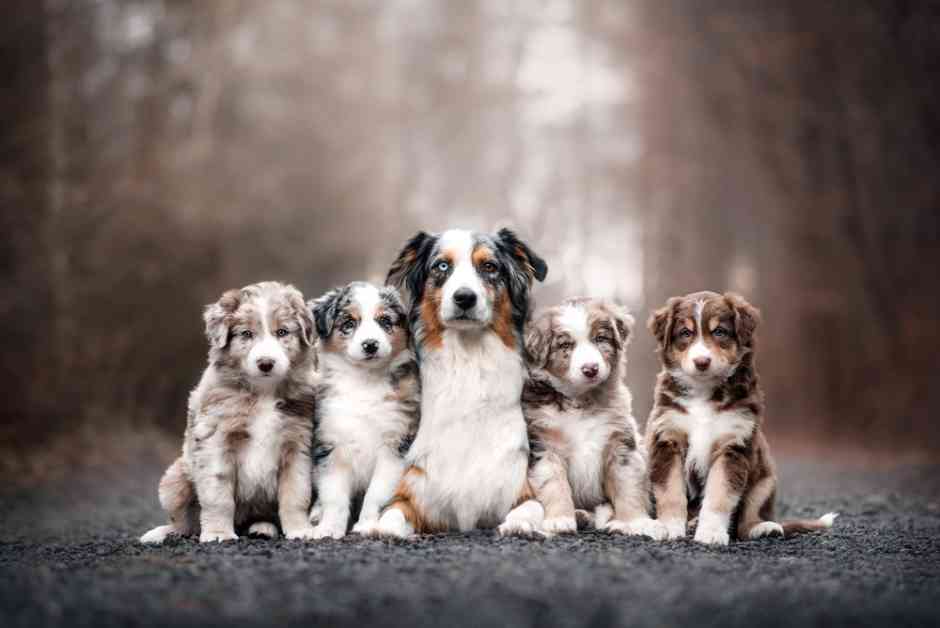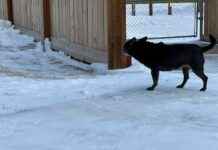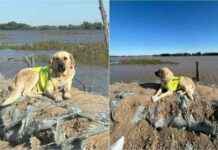Understanding Canine Maternal Instincts: Do Mother Dogs Miss Their Puppies?
When it comes to the heartwarming sight of a mother dog cuddling her precious litter of puppies, we can’t help but feel a sense of warmth and joy. However, as the time comes for the puppies to venture into the world and find new homes, we are left wondering – do mother dogs miss their puppies?
The Complexity of Canine Emotions
As humans, we often fall into the trap of anthropomorphism, projecting our own emotions onto our furry companions. While this can help us empathize with animals, it doesn’t always provide an accurate understanding of their emotions. Instead, we must look at their behavior and instincts to gain insight into their emotional experiences.
Evolutionary Insights from Wolf Pack Dynamics
By examining the behavior of wild wolf packs, we can gain valuable insights into how canine relationships have evolved over time. In the wild, wolf pups typically stay with their natal pack for the first few years of their lives before dispersing to find new packs or form their own. While affection and bonding are evident within wolf packs, the instinct to disperse and reproduce ultimately overrides these emotional connections.
The Impact of Domestication on Canine Emotions
Through domestication, dogs have formed strong emotional attachments with humans, shifting their priorities from survival and reproduction to seeking comfort and companionship. While dogs can form emotional bonds with other dogs and humans, the emotional link between a mother dog and her puppies may be more complex. Dogs’ behavior is primarily motivated by survival and reproduction, rather than forming extended family bonds like humans.
Do Dogs Miss Their Puppies?
While it’s likely that a mother dog may feel some sense of loss when her puppies depart, there is no evidence to suggest that they mourn their absence. Dogs reproduce out of instinct, and once their puppies are weaned and independent, they are ready to move on to the next litter. Owners and breeders rarely observe signs of depression in mother dogs whose puppies have left, indicating that their emotional attachment may not be as strong as we perceive it to be.
In conclusion, while mother dogs may feel a sense of loss when their puppies depart, their instinctual drive to survive and reproduce ultimately guides their behavior. By understanding the evolutionary and domesticated aspects of canine emotions, we can gain a deeper appreciation for the unique bond between mother dogs and their puppies.






















